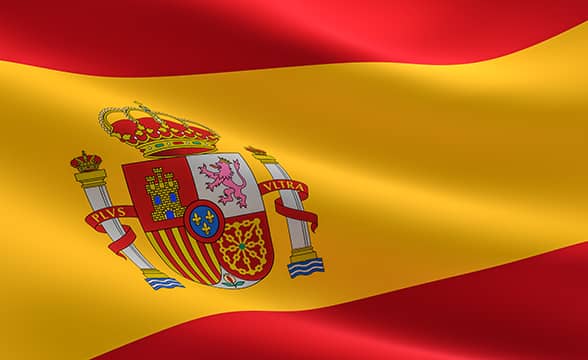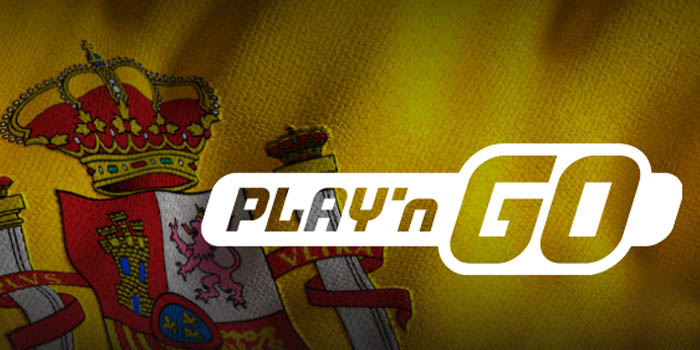Spain Considers Regulating Loot Boxes in Video Games

Loot boxes in video games seem to be one of the hot topics in the regulated gambling industry. Political parties and consumer unions across numerous jurisdictions have raised their voices in demand to regulate or ban them. Spain is one of the latest markets to discuss the fate of the loot boxes.
The Ministry of Consumption Put Forward a New Law
Loot boxes are a form of microtransactions where players would pay for randomly assigned in-game content. Because of that, many people argue that loot boxes constitute gambling and, therefore, should be regulated as such.
Spain’s regulator discussed loot boxes last year but no major change was introduced. Now, the Ministry of Consumption has once again opened a consultation for the future of microtransactions. The Ministry put forward a draft law that would ban video game companies from offering loot boxes to minors.
Albeit microtransactions and gambling have many similarities, the Ministry agrees that they also have some major differences. Because of that, it wants to find a way to properly regulate them.
An Insight into the Proposed Regulations
As per the proposed rules, game companies that offer loot boxes would be forced to require identification before selling loot boxes. This way, children will not be able to freely access paid content and become addicted.
In addition, companies will not be able to freely advertise their paid content and will have to abide by certain rules. Gaming firms will only be able to advertise their products between 1 am and 5 am – a restriction that mirrors Spain’s gambling ads rules. Ads should also warn players to pay for microtransactions in moderation.
Furthermore, the proposed law would require developers to clearly and sufficiently inform players about their chances of earning certain rewards. Companies should also mark the cost of loot boxes in Euros, instead of showing the prince in in-game currency only.
Lastly, developers will have to allow players to self-exclude themselves from buying loot boxes or set spending and time limits. If the new law passes, companies that fail to comply may be subject to penalties. Less severe cases may yield companies a fine of up to $208,000, while serious violations may carry a fine of up to $3.1 million.
Spain is not the first country to oppose loot boxes and other predatory monetization tactics. Belgium, for example, outlawed loot boxes. The Netherlands had prohibited loot boxes for a while, before lifting the ban this year. However, there is a strong push to ban them once again.
Angel has a passion for all forms of writing, be it fiction or nonfiction. His curious nature gives him an ace up his sleeve when researching a new topic. Angel’s thirst for knowledge, paired with adaptability, always helps him find his way around.















